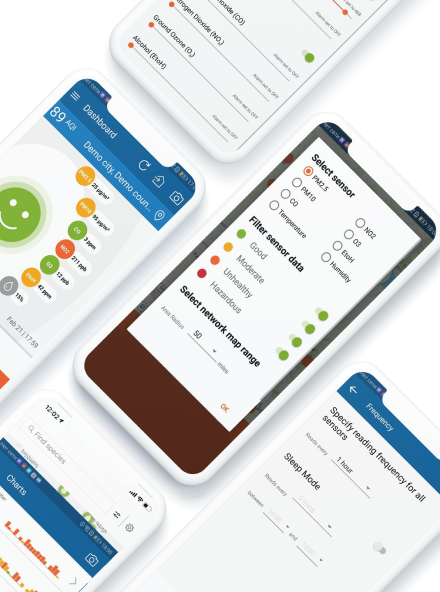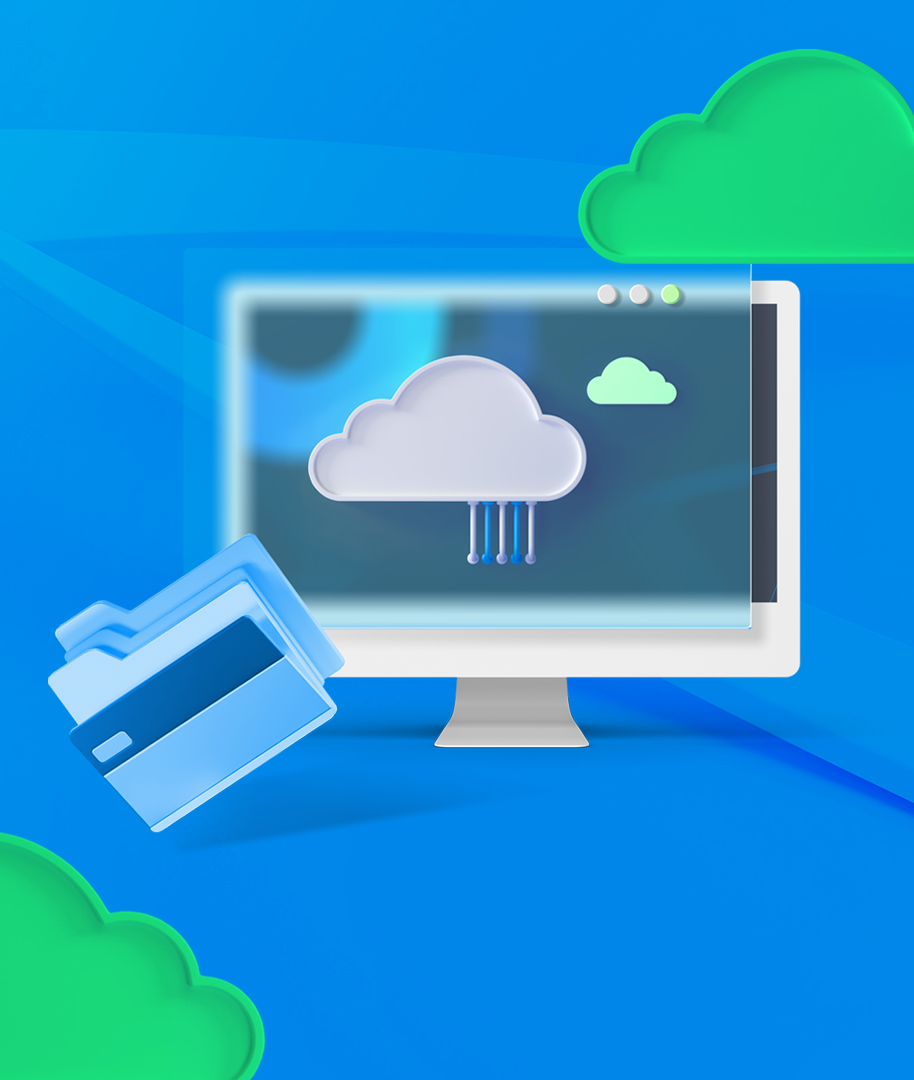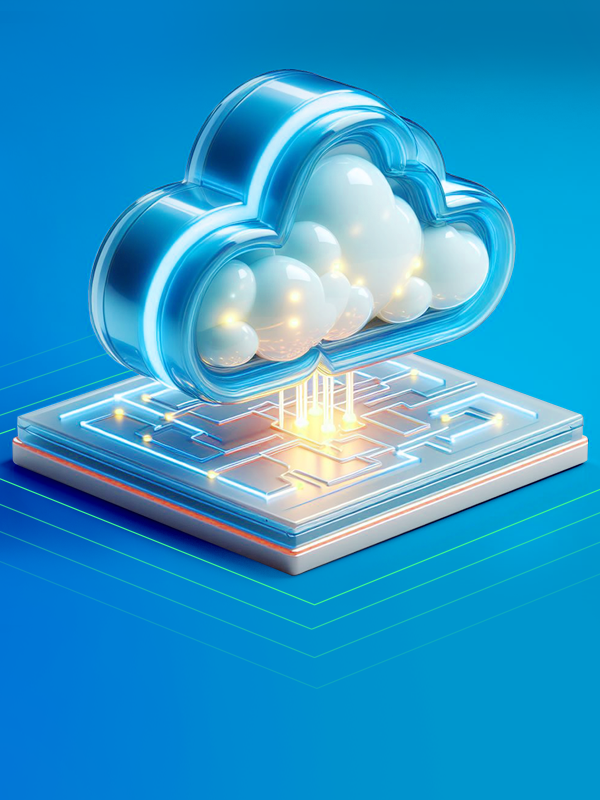
Project Recovery in Commodity Trading
15 Nov 2024

Get Your Digital Commodity Trading Platform Back on Track
Having trouble with your outsourced software development?
The commodity trading market is digitizing fast. The entire industry can’t be digitized overnight, but small steps are the first steps needed to show how much safer, efficient, and more accessible a digital platform is.
With the rate at which FinTech is advancing, you are right to try to catch up.
Like many others, you may have started working with an outsourcing company to develop an MVP to show your CEO and Investors that digitizing aspects of the market
- yield better data,
- make trading more efficient,
- attract the new generation of tech savvy traders.
If you wanted to get ahead and jumped at the cheapest offer for a “new set of custom software” you are probably behind schedule and over budget.
Issues with Developing a Digital Commodity Trading Platform
A digital platform for trading commodities is no easy task.
There is much more than just signing over quantities of goods in exchange for money. There is paperwork to verify, ESG reports to update, and serious logistic issues to address.
Given the complexity of commodity trading, this isn’t a project that can be done without extensive research and clearly defined goals.
There needs to be a business analyst in the team that has a good grasp of the commodity trading industry to understand the intricacies of the industry and give direction to where you can be most competitive in the market.
A dedicated project manager is what determines if a project will see the light of day. A ragtag team of developers are not going to be in the loop with you at all times to let you know how your project is unfolding. A complete team is needed to tackle such a large project and they all need to be in sync because of the intertwined nature of commodity trading.
Many outsourcing developers just want as many projects as possible and will slap something together to try to deliver an unviable MVP to check it off as done.
But that isn’t enough to satisfy your investors, your CEO, or YOU…
What a Digitized Commodity Trading Platform Should Have
Why create an MVP that isn’t scalable? The custom software you want developed should be the basis of the entire project, not a one trick pony.
What did your drawing board look like? Was it a complete solution to digitizing aspects of your commodity trading system, or just individual aspects that you believed would all plug into each other with ease.
There is no industry protocol for a digital commodity trading market yet so there is no real standard to work with. This means that connecting all of these different aspects of the industry have to be more or less made from scratch.
You may be pretty far ahead in developing your project, but if you are not confident that you will eventually end up with a completed final product. Best to move on to a different development company.
If you want to see an example of an already complete Digital Commodity Trading Platform, check out How TradeCloud Went Digital.
How to Recover Your Commodity Trading Project?
If the outsource team you are collaborating with will not admit they are in over their heads, it may be time to just drop them and find a team that is willing to work with you.
It isn’t always easy choosing the right outsourcing company to develop your platform. You need an experienced team that is ready to provide the foundation you need to scale your business.
VOLO, an industry agnostic software development company, has experience in both the Commodity Trading Market and in Project Recovery.
With a 100% delivery rate, and always on the search for long term partnerships, you won’t find a better partner to rescue your project.
We use tight knit dedicated teams that will plan a roadmap for your project, so you know what to expect at every turn, with a project manager that will be there to handle any concerns.Book a call to learn more about how we can help you bring your project to completion and how we can digitize your commodity trading platform.
FAQ
1. What is commodity trading?
Commodity trading is basically the buying, transporting, and/or selling of raw materials or primary agricultural products, such as oil, metals, wheat, and coffee. Commodity trading takes place on commodity exchanges, where traders can buy and sell contracts for the future delivery of these goods. It enables businesses to safeguard themselves from price fluctuations or predict price movements, all the while providing liquidity to the market.
2. What is a commodity trader? What does a commodity trader do?
A commodity trader is a person or firm that buys and sells commodities like oil, metals, or agricultural products. As mentioned above, commodity traders predict price movements and make trades to earn a profit or manage risk. Their role helps ensure liquidity and stability in the commodities market.
3. What are the commodities in trading?
Commodities in trading are raw materials or primary agricultural products that can be bought and sold. They are usually divided into two categories:
- Hard Commodities: These include natural resources that are extracted or mined, such as oil, gold, silver, and copper.
- Soft Commodities: These are agricultural products or livestock, like wheat, coffee, cotton, and cattle.



